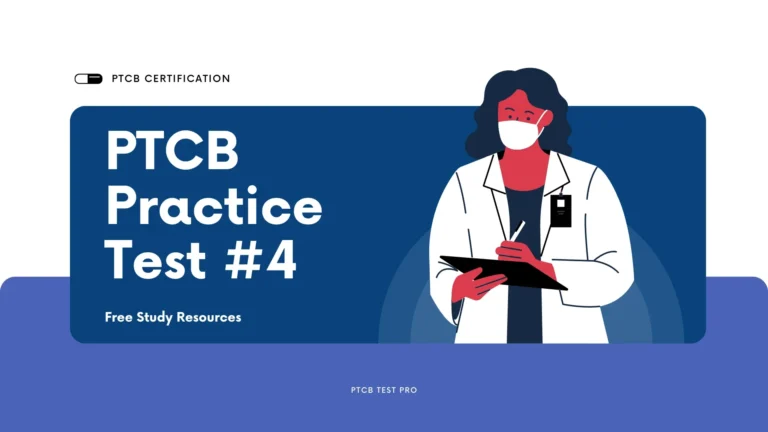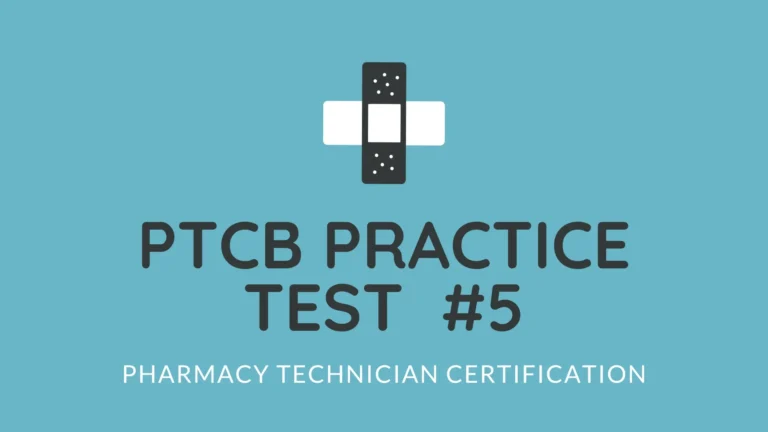Learn More CNA RN and LPN Exit Exams
In the healthcare field, the transition from education to practice is marked by rigorous exit examinations for aspiring Certified Nursing Assistants (CNA), Registered Nurses (RN), and Licensed Practical Nurses (LPN). These exams play a crucial role in ensuring that graduates possess the necessary knowledge and skills to provide quality care. This essay delves into the significance, structure, preparation strategies, and differences among the exit exams for CNAs, RNs, and LPNs.
Significance of Exit Exams
Exit exams serve several essential purposes in nursing education. Firstly, they are designed to assess a candidate’s readiness to enter the workforce. By evaluating knowledge and practical skills, these exams ensure that nursing graduates are equipped to handle the complexities of patient care.
Moreover, exit exams also function as a preparatory step for state licensure exams. For example, CNAs must take the state certification exam, while RNs and LPNs must pass the NCLEX-RN and NCLEX-PN, respectively. A strong performance on the exit exam often correlates with success on these licensure examinations, underscoring the importance of comprehensive preparation.
Structure of the Exit Exams
Each of these exit exams has a unique structure tailored to the competencies required for each nursing role.
- CNA Exit Exam: The CNA exit exam typically consists of two components: a written examination and a skills assessment.
- Written Examination: This part includes multiple-choice questions that assess knowledge in key areas such as basic patient care, safety and infection control, communication skills, and legal and ethical responsibilities. The exam focuses on practical scenarios that a CNA may encounter in a healthcare setting.
- Skills Assessment: Candidates demonstrate their proficiency in essential nursing tasks, such as measuring vital signs, assisting with daily living activities, and maintaining patient safety. This hands-on component is crucial for evaluating a candidate’s ability to provide direct care.
- RN Exit Exam: The RN exit exam is typically more comprehensive than the CNA exam, reflecting the advanced scope of practice for registered nurses.
- Content Areas: The exam covers a wide array of topics, including medical-surgical nursing, maternal and child health, psychiatric nursing, and pharmacology. Questions are often scenario-based, requiring candidates to apply their knowledge in clinical situations.
- Test Format: The RN exit exam often includes a combination of multiple-choice questions, select-all-that-apply questions, and case studies. This variety ensures a thorough assessment of the candidate’s critical thinking and clinical judgment.
- LPN Exit Exam: The LPN exit exam shares similarities with the RN exit exam but is tailored to the specific competencies of practical nursing.
- Focus Areas: The exam assesses knowledge in areas such as basic nursing skills, infection control, and patient care across the lifespan. While LPNs have a narrower scope of practice compared to RNs, they are still responsible for delivering comprehensive care.
- Assessment Format: The LPN exit exam typically consists of multiple-choice questions and clinical scenarios that test the candidate’s ability to prioritize patient needs and perform nursing interventions.
Preparation Strategies
Preparing for these exit exams requires strategic planning and effective study techniques. Here are some strategies for each exam type:
- CNA Exam Preparation:
- Review Course Materials: Go through textbooks, notes, and any supplemental resources provided during the training program.
- Practice Skills: Engage in hands-on practice sessions to ensure proficiency in essential skills, such as taking vital signs and assisting with personal care.
- Mock Exams: Utilize practice tests to familiarize yourself with the exam format and types of questions.
- RN Exam Preparation:
- Comprehensive Study Plans: Develop a study schedule that covers all content areas. Allocate time for each subject based on your comfort level.
- Utilize NCLEX Review Books: Invest in reputable NCLEX review books that provide practice questions and rationales to reinforce understanding.
- Simulated Testing: Take full-length practice exams under timed conditions to build stamina and identify areas that need improvement.
- LPN Exam Preparation:
- Group Study Sessions: Collaborate with peers to review material and discuss challenging concepts.
- Focus on Test-Taking Strategies: Learn techniques for answering multiple-choice questions effectively, such as eliminating obviously incorrect answers and understanding the question stem.
- Hands-On Practice: Participate in skills labs to maintain and enhance your practical nursing skills.
Differences Among Exit Exams
While the exit exams for CNAs, RNs, and LPNs all assess readiness for practice, they differ significantly in scope and complexity:
- Depth of Knowledge: RN exit exams cover a broader and more complex range of topics compared to CNA and LPN exams. RNs must be proficient in critical thinking and clinical decision-making due to their higher level of responsibility.
- Clinical Skills: CNAs focus primarily on basic patient care, while LPNs and RNs are trained for more advanced clinical skills. This difference reflects the varying roles each position plays in the healthcare continuum.
- Licensure Process: The path to licensure also differs. CNAs must take a state certification exam, while RNs and LPNs must pass the NCLEX-RN and NCLEX-PN, respectively, which are standardized national exams.
Conclusion
The exit exams for CNAs, RNs, and LPNs are critical components of nursing education, serving as a bridge between training and professional practice. By assessing knowledge, skills, and readiness for licensure, these exams help ensure that future healthcare providers can deliver safe and effective patient care. With appropriate preparation strategies tailored to each exam’s unique requirements, aspiring nurses can approach these assessments with confidence, ultimately contributing to improved patient outcomes and the overall quality of healthcare. The emphasis on rigorous training and comprehensive evaluation underscores the commitment to excellence in nursing education and practice.


